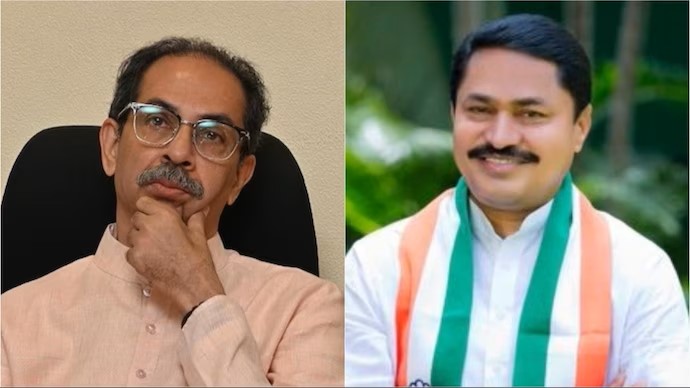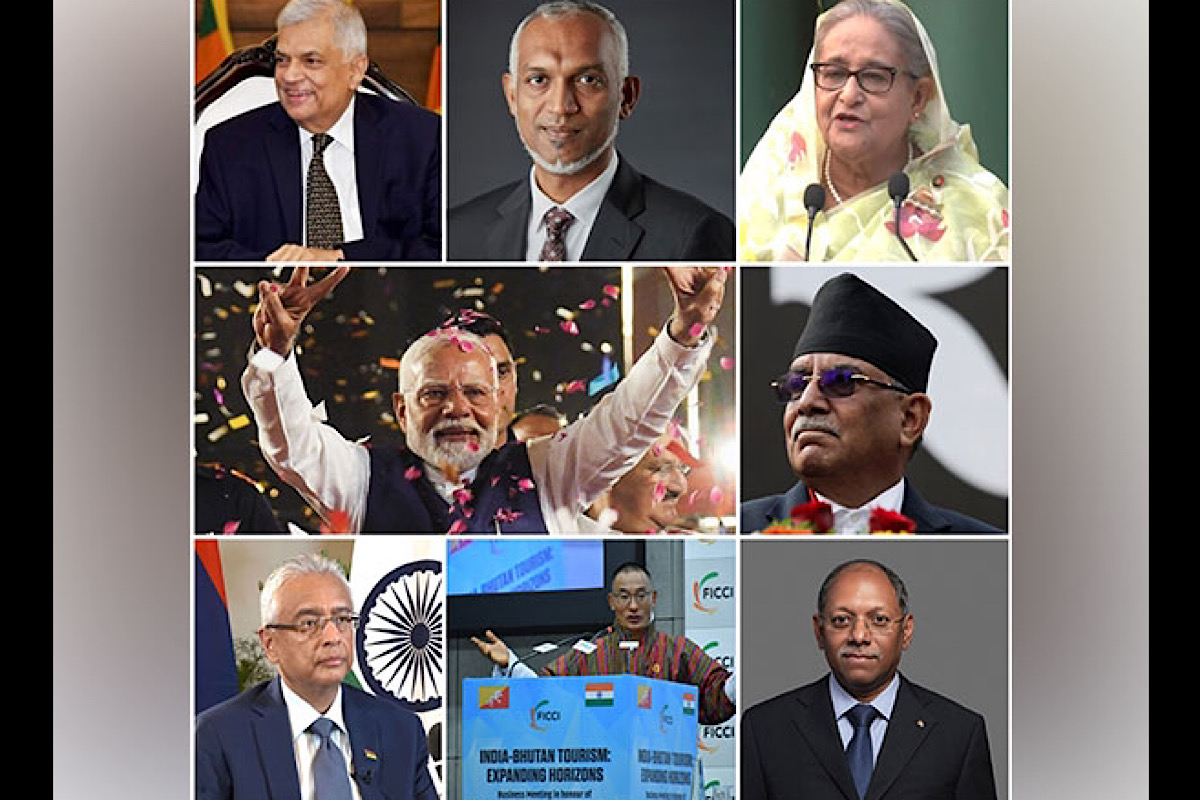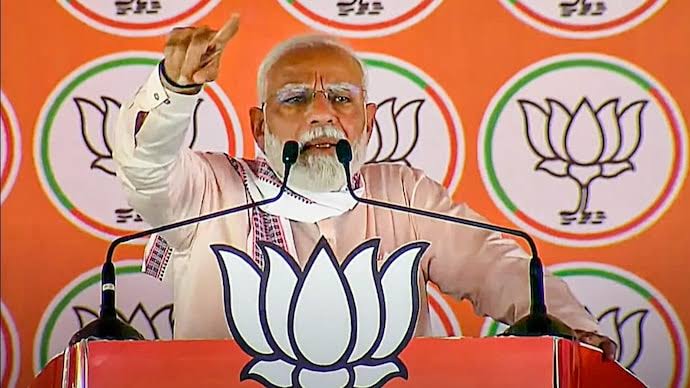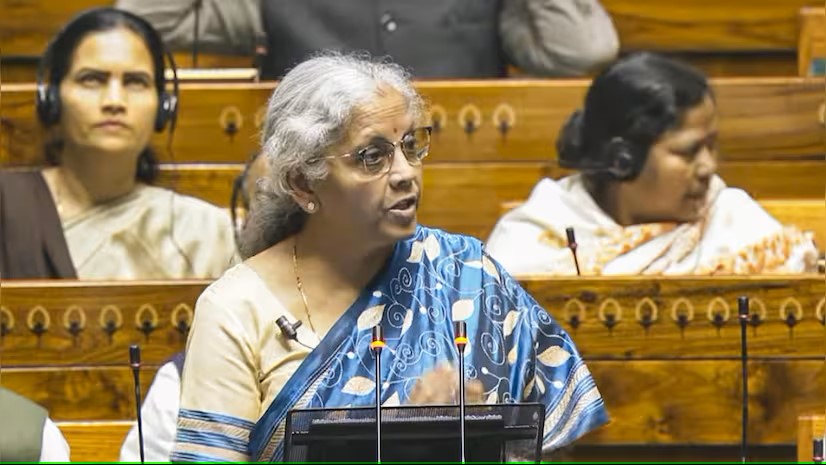Dark clouds hover over the Maha Vikas Aghadi (MVA) coalition in Maharashtra as seat-sharing talks for the upcoming Lok Sabha elections hit a critical impasse. The once-formidable alliance, comprising Uddhav Thackeray’s Shiv Sena (UBT), Sharad Pawar’s NCP, and Congress, is now grappling with internal discord, jeopardizing its attempt to present a united front against the ruling BJP.
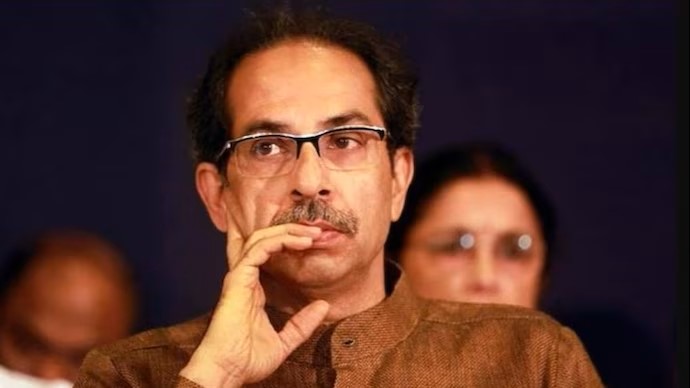 The heart of the dispute lies in the contentious issue of seat distribution. Sources reveal a deadlock over half a dozen key constituencies, including Ramtek, Hingoli, Wardha, Bhiwandi, and Shirdi. Both Shiv Sena (UBT) and Congress are locked in a tug-of-war, each laying claim to these crucial seats. The situation is particularly volatile in Mumbai, where Congress eyes the Mumbai South Central and Mumbai North West constituencies currently held by Shiv Sena (UBT). This unwillingness to compromise threatens to unravel the delicate fabric of the alliance, raising concerns about its long-term viability.
The heart of the dispute lies in the contentious issue of seat distribution. Sources reveal a deadlock over half a dozen key constituencies, including Ramtek, Hingoli, Wardha, Bhiwandi, and Shirdi. Both Shiv Sena (UBT) and Congress are locked in a tug-of-war, each laying claim to these crucial seats. The situation is particularly volatile in Mumbai, where Congress eyes the Mumbai South Central and Mumbai North West constituencies currently held by Shiv Sena (UBT). This unwillingness to compromise threatens to unravel the delicate fabric of the alliance, raising concerns about its long-term viability.
Beyond the immediate conflict over seats lies a deeper challenge: the ability of the MVA to navigate its internal differences and project a united opposition. The upcoming Lok Sabha elections present a crucial opportunity to challenge the BJP’s dominance. However, this can only be achieved if the MVA presents a cohesive front, showcasing a shared vision and commitment to the electorate. The current deadlock undermines this unity and feeds into a discord narrative, potentially benefiting the BJP.
The ramifications of the ongoing impasse are far-reaching. A fractured MVA could dampen voter confidence and lead to an uneven distribution of resources and campaigning efforts. This disunity could play directly into the hands of the BJP, allowing them to exploit vulnerabilities and consolidate their position in the state.
However, all hope is not lost. The upcoming meeting on February 2nd holds immense significance. It presents a critical juncture where the MVA leadership must rise above individual party interests and prioritize the larger goal of defeating the BJP. Finding common ground and arriving at a mutually agreeable seat-sharing formula is paramount. This necessitates flexibility, strategic thinking, and a genuine commitment to collaboration.
The future of the MVA – and its effectiveness as an opposition force – hinges on the outcome of this crucial meeting. Will the parties overcome their differences and forge a united front? Or will their intransigence pave the way for a weakened opposition benefiting the BJP? Only time will tell, but the stakes are undeniably high, not just for the MVA but for the larger political landscape of Maharashtra.

